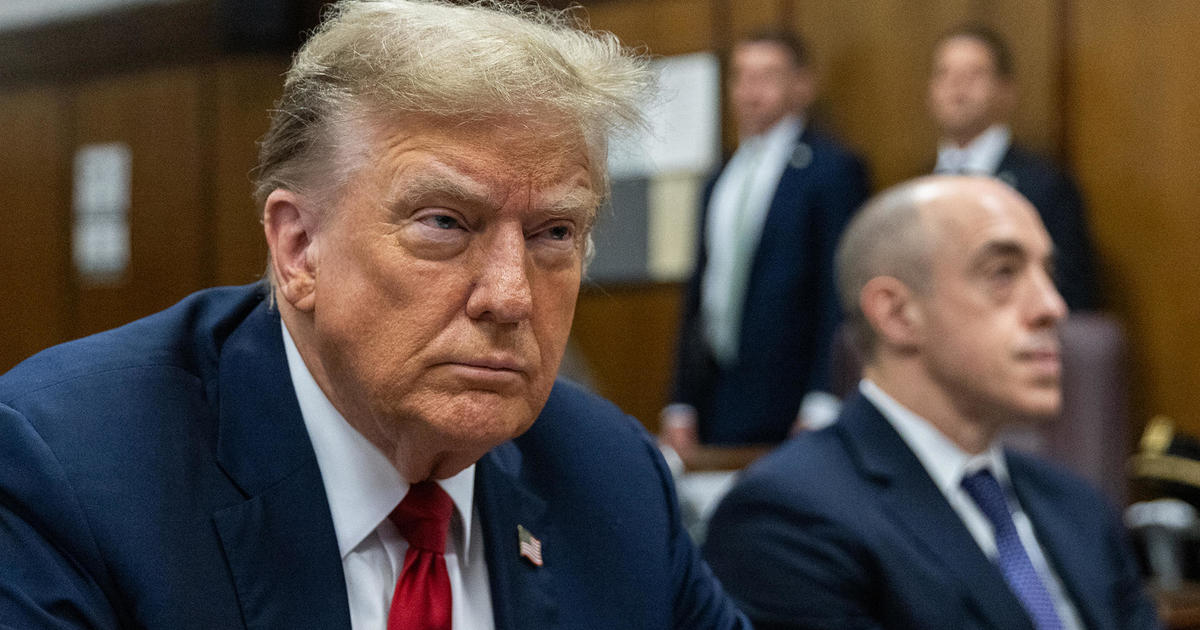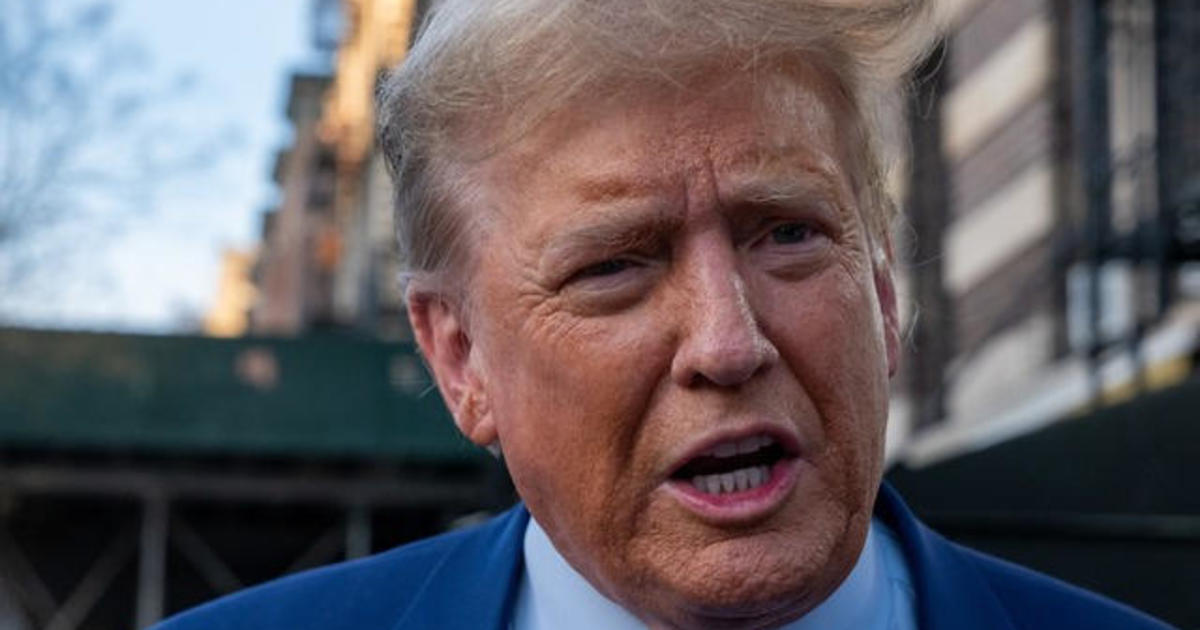Trump can now tap money from his business, raising ethics concerns
President Donald Trump can withdraw money from his businesses without immediately disclosing it, raising new concerns about the separation between Mr. Trump and his numerous holdings.
The investigative website ProPublica on Monday revealed a change to the trust document intended to keep a barrier between the president and the family-owned Trump Organization: Mr. Trump can now withdraw money from the trust for just about any purpose. When Mr. Trump announced the trust’s formation in January, his lawyer said that there was a “wall that we are building” between him and his company.
But the revised version of the trust agreement, signed Feb. 10, allows its two trustees -- the president’s oldest son Donald Jr. and the firm’s chief financial officer, Allen Weissenberg -- to deliver income or principal from the company to the president at his request.
Mr. Trump does not have to divulge any such transactions at once. But his receiving money from the Trump Organization likely would eventually come to light in the personal financial disclosure forms he is required to file annually, with the next one due in 2018.
How might this work? Mr. Trump could pocket proceeds, for instance, from the seven condos sold at a Trump luxury high-rise in Las Vegas since his election. CBS News has confirmed the transactions at the building, which is operated by Trump Ruffin Tower LLC. According to CBS News correspondent Anna Werner and investigative producer Laura Strickler, the sales total for the seven units was $2.3 million.
The revised trust agreement was released by the General Services Administration, or GSA, a federal agency that oversees the basic functioning of the government.
The government watchdog group Citizens for Responsibility and Ethics in Washington labeled Mr. Trump’s amended trust agreement as demonstrating the “inadequacy” of the separation between him and his company. The trust set up “only the appearance of separation,” a spokesman for the watchdog organization said.
Richard Painter, the White House ethics counsel under George W. Bush, condemned the latest move as “illustrating that Trump controls the business” and called it a “conflict of interest.” To Painter, now a professor at the University of Minnesota Law School, the only way to avoid conflicts is for the president to erect a blind trust, where his assets are completely segregated from his knowledge and control, with trustees having the power to sell them.
If people know Mr. Trump is profiting from a specific transaction, they could seek something in return, warned real estate trust lawyer Fred Tansill, who practices in suburban Washington D.C. People dealing with the Trump administration, he said, “may feel that they have the abiility to buy favorable treatment from the president and that’s a terrible appearance for our democracy.”
White House Press Secretary Sean Spicer said on Monday he was uncertain if Mr. Trump had taken money from his trust and didn’t answer a question about whether the president would make a disclosure if he did so.
Mr. Trump receives a $400,000 yearly salary as president, and on Monday donated his first three months pay to the National Park Service. By law, presidents are exempt from conflict of interest rules for government officials.
Still, it’s a convention for presidents to adhere to the rules, and they often used blind trusts. U.S. senators also can take money from trusts they establish, but there’s a difference with the Trump situation because senators must house their assets in blind trusts.
Questions about how deeply involved the president can be with his businesses have cropped up with the announcement of the trust in January. While control of the company passed from Mr. Trump to Donald Jr. and Weissenberg, along with his other adult son, Eric, there is no legal stricture preventing him from being involved in company operations.
Mr. Trump has pledged to get reports only on the Trump Organization’s basic financial performance, although that has no force of law. Eric Trump told Forbes magazine that he intends to brief his father on company doings.
Another controversy surrounding Mr. Trump’s purported conflicts involves the Trump International Hotel, which is located in the Old Post Office building near the White House. One ethics law a president must obey is a constitutional bar on receiving money from foreign governments. Known as the “emoluments clause” in the U.S. Constitution, this provision is meant to shield the president from foreign bribes.Critics say foreign powers might seek Mr. Trump’s favor by staying at his hotel.
But a recent ruling by the GSA, which owns the hotel site, concluded the facility is not in violation of its lease by accepting rental income that benefits Mr. Trump. Their reasoning: The funds would be held by the hotel and not be funneled to the Trump Organization. But it is not clear what will happen to the money once he leaves office.



